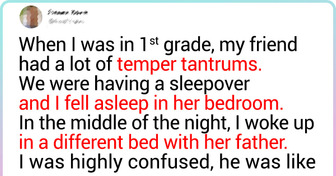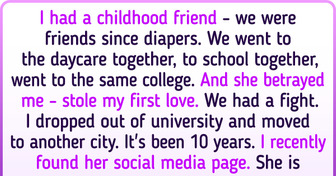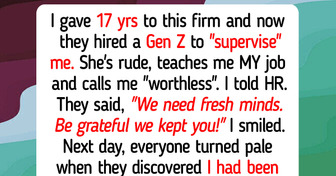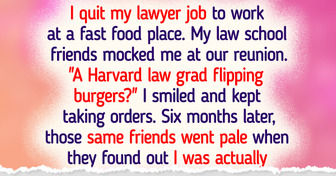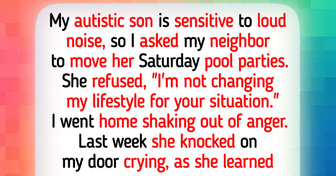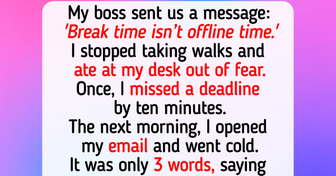Model Lost Entire Lips in Pitbull Attack, And She Reflects on Her Recovering Journey

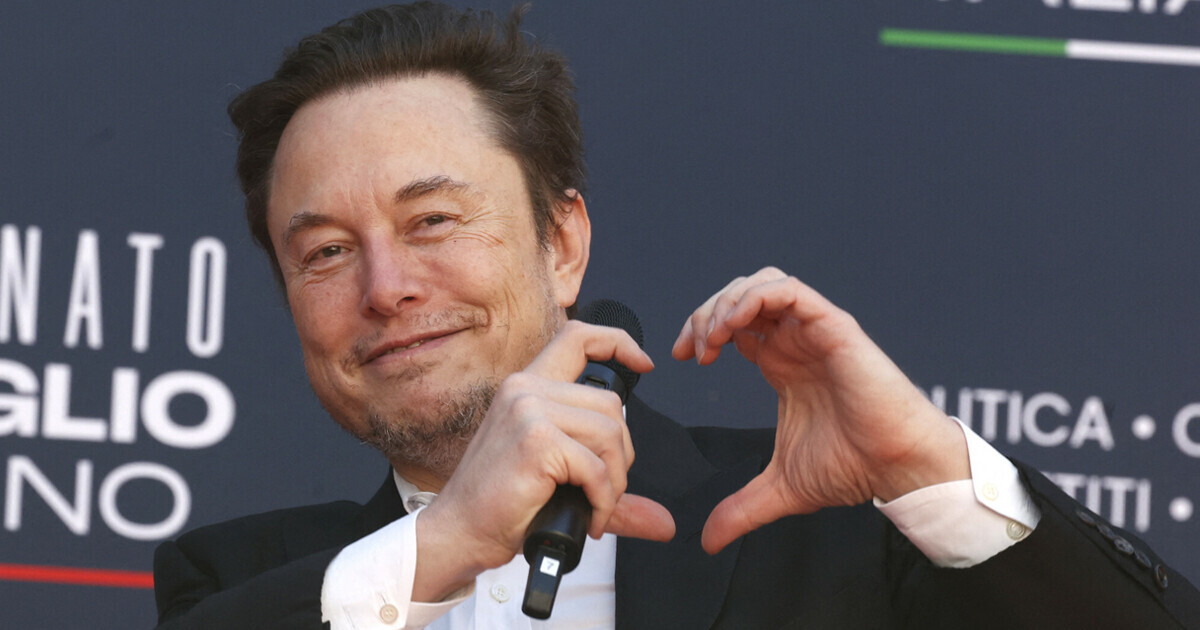
One of the coolest things about Elon Musk is how he inspires us to dream big once more. Musk, you know, is the super successful guy behind Tesla and SpaceX, with a brain that’s always buzzing. When people wonder how he became a rocket-building wizard, his answer is simple: “I read books.”
And not just read, mind you. Musk told Esquire that he gobbles them up. He even invites us into his personal library and shares some of his favorite reads.
“Foundation Series” by Isaac Asimov is a classic science fiction saga set in a distant future where humanity has spread throughout the galaxy. The story follows the decline and fall of a vast galactic empire and the efforts of a mathematician named Hari Seldon to mitigate the impending dark age by establishing a foundation to preserve knowledge and guide humanity’s future. Asimov’s series explores themes of sociology, technology, and the nature of civilization, weaving together intricate plots and characters across thousands of years. It’s a compelling tale of ambition, foresight, and the power of knowledge to shape the destiny of worlds.
“The Moon Is a Harsh Mistress” by Robert Heinlein is a science fiction novel set in the future where the moon has been colonized by humans. The story revolves around a lunar colony’s struggle for independence from Earth’s control. The protagonist, a computer technician named Manuel “Manny” Garcia O’Kelly-Davis, becomes involved in a revolution to overthrow Earth’s oppressive rule with the help of an artificial intelligence named Mike.
The novel explores themes of freedom, rebellion, and the ethics of governance. It delves into political intrigue, social dynamics, and the challenges of building a society from scratch in the harsh environment of the moon. Heinlein’s work is known for its exploration of complex ideas through engaging characters and fast-paced storytelling, making “The Moon Is a Harsh Mistress” a compelling read for fans of science fiction and political drama alike.
“Life 3.0: Being Human in the Age of Artificial Intelligence” is a book by Max Tegmark, a physicist and cosmologist. In this book, Tegmark explores the potential future impact of artificial intelligence (AI) on humanity and society. He discusses various scenarios, from utopian to dystopian, that could unfold as AI continues to advance.
The title “Life 3.0” refers to a hypothetical stage in the evolution of life where biological organisms no longer dominate the Earth, having been surpassed in intelligence and capability by artificial intelligences. Tegmark delves into questions of consciousness, ethics, and the future of work in a world where AI systems may surpass human abilities in many domains.
The book was first published in 1972. It provides a detailed and engaging account of the development of liquid rocket propellants, focusing primarily on the period from the early 20th century to the late 1960s.
The book covers various aspects of the history, chemistry, engineering, and anecdotes related to the development of liquid rocket propellants. It includes discussions on the challenges faced by scientists and engineers in discovering and synthesizing suitable propellants, as well as the successes and failures experienced along the way.
“Superintelligence: Paths, Dangers, Strategies” is a book written by Nick Bostrom, a philosopher and director of the Future of Humanity Institute at the University of Oxford. Published in 2014, the book delves into the potential future impact of artificial superintelligence (ASI) — intelligence that surpasses human intelligence across all domains.
Bostrom explores various scenarios regarding the development of ASI, discussing the potential paths that could lead to its creation, the risks and dangers associated with it, and strategies for ensuring that the emergence of superintelligence is aligned with human values and goals.
“Einstein: His Life and Universe” is a biography of Albert Einstein, written by Walter Isaacson, an American biographer and journalist. Published in 2007, the book provides an in-depth look at Einstein’s life, work, and legacy, offering insights into both his scientific achievements and his personal experiences.
In addition to examining Einstein’s scientific achievements, Isaacson delves into his personal life, including his relationships with family, friends, and colleagues, as well as his marriages and extramarital affairs. The biography also explores Einstein’s views on politics, religion, and pacifism, offering a multifaceted portrait of the man behind the scientific genius.
The book was written by J.E. Gordon, a British engineer and materials scientist, and first published in 1978. Gordon explores the principles of structural engineering and materials science, explaining why certain structures are strong and stable while others fail.
Gordon takes readers on a journey through the fundamental concepts of structural design, discussing the properties of various materials such as metals, ceramics, polymers, and composites, and how these properties influence the behavior of structures under different loads and environmental conditions.
“Zero to One: Notes on Startups, or How to Build the Future” is a book written by Peter Thiel, an entrepreneur, venture capitalist, and co-founder of PayPal and Palantir Technologies. Published in 2014, the book offers Thiel’s insights and advice on entrepreneurship, innovation, and building successful businesses.
Thiel covers various topics related to entrepreneurship, including the characteristics of successful founders, the importance of having a clear vision and long-term thinking, the role of technology in driving progress, and the challenges of building and scaling a startup. Throughout the book, Thiel shares personal anecdotes and experiences from his own career in Silicon Valley.
“Howard Hughes: His Life and Madness” is a biography of Howard Hughes written by Donald L. Barlett and James B. Steele. Published in 1979, the book offers a comprehensive exploration of Hughes’ life, from his early years as a wealthy heir to his later years as a reclusive and eccentric billionaire.
The biography delves into Hughes’ various business ventures, including his successes in aviation and film production, as well as his struggles with mental illness and addiction.
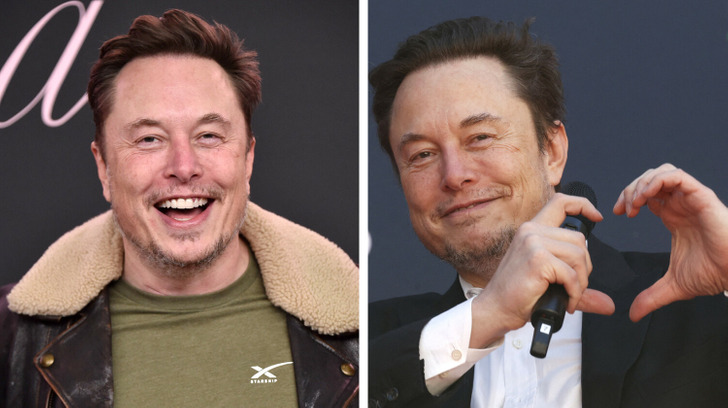
Around age 12 or 15, he experienced an existential crisis while exploring the meaning of life through various books. Nietzsche and Schopenhauer’s works, though, proved too negative for a 14-year-old, according to Musk. Reading “Hitchhiker’s Guide to the Galaxy” offered a more positive perspective to him, emphasizing that formulating the right question is often harder than finding the answer.
Elon Musk says that understanding the universe helps identify the right questions, particularly regarding the meaning of life. He believed expanding consciousness and knowledge would be beneficial.
In essence, regular reading not only enriches one’s knowledge base but also strengthens cognitive faculties, ultimately leading to more informed, insightful, and agile thinking.
What books do you recommend?




